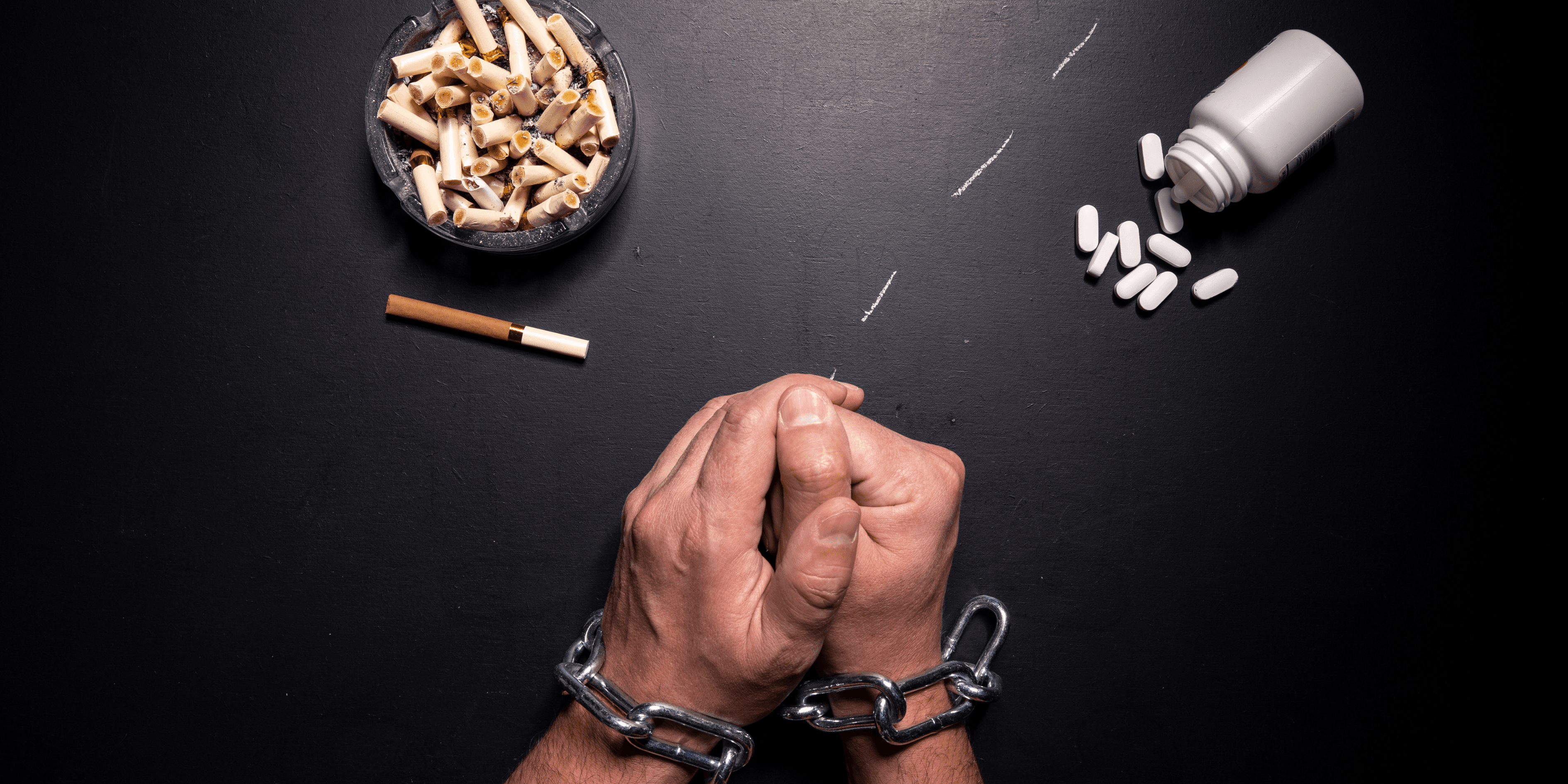
“
Understanding the early signs of addiction is crucial for timely intervention and recovery. These initial symptoms—ranging from behavioral changes to physical and emotional shifts—can often go unnoticed. Recognizing the early signs of addiction empowers individuals and families to seek help early and prevent long-term damage.1
1
”
People may stop enjoying hobbies or regular activities they once loved, gradually replacing them with secretive or compulsive behaviors that become the center of their daily focus. 1
A person experiencing addiction might become more irritable or anxious, showing emotional shifts that seem out of character or disproportionately strong compared to the situation they’re in. 2

Poor hygiene or declining grooming habits may develop as individuals prioritize addictive behavior over daily self-care, sometimes appearing disheveled or less concerned with their usual appearance and cleanliness.
Noticeable weight changes—either loss or gain—can signal an addiction’s impact on appetite, physical health, or energy levels, especially when there’s no clear medical reason behind the shift. 3
Frequent absences from work, school, or family commitments may arise as the addiction starts to interfere with responsibilities and disrupt the individual’s ability to meet daily obligations. 4
Borrowing money often, missing valuables, or difficulty explaining where funds go may indicate financial distress caused by trying to sustain an addiction or compulsive habit. 5
Becoming more secretive, hiding phones, or offering vague answers about daily activities might reflect attempts to conceal the development of an addiction from others. 6
A change in sleep patterns—sleeping too little or too much—often occurs due to substance effects or behavioral addiction that disrupts the body’s natural rhythms. 7
Losing interest in long-standing personal goals or relationships may mean that addictive behavior is taking priority over previously meaningful aspects of life and well-being. 8

Shifting to a new group of friends, especially those who engage in similar behaviors, can indicate reinforcement of habits that support or normalize the addiction.
Emotional ups and downs may increase, sometimes rapidly and without obvious reason, as the brain struggles with addiction’s effects on emotional regulation and stress response. 9
Daily tasks—such as meeting deadlines, doing household chores, or caring for children—may be repeatedly neglected as addiction begins taking more control over time and attention. 10
If someone spends a large amount of their time planning, using, or recovering from the addictive substance or behavior, it may signal a shift in life priorities. 11
Continuing addictive behavior even after experiencing serious consequences—like legal trouble or strained relationships—demonstrates the compulsive grip addiction can begin to have early on. 12
Denying a problem or minimizing concerns, even when others point them out, often accompanies the early stages of addiction and can delay seeking necessary help. 13
A noticeable change in eating habits, like skipping meals or binge eating, may stem from the addictive substance’s side effects or emotional impact on appetite regulation. 14

Frequent illnesses, fatigue, or recurring infections may result from a weakened immune system affected by stress, poor nutrition, or substances altering the body’s natural defense system.
Someone facing early addiction might become increasingly stressed by small tasks or have a lower threshold for frustration due to the psychological toll addiction takes on resilience. 15
Individuals may isolate themselves from friends or family, choosing to be alone more often as the addiction deepens and they fear judgment or questions from loved ones. 16
Missing rent payments, unpaid bills, or mounting debt might appear as funds are secretly redirected toward fueling an addiction that quietly grows in importance to the person. 17


